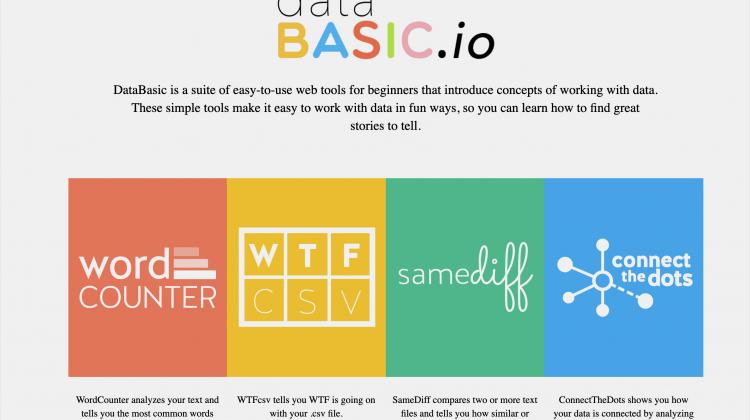Creative Data Literacy
Image

Data collection, storage, and the skills to work with data are not evenly distributed. Through creative pedagogy, open source tools, and free libraries of activities, our work seeks to build capacity for civic actors to collect, analyze and communicate with data. This includes journalists, librarians, government staff, nonprofit and community-based organizations, artists, educators, and policymakers.
Learn more:
- Tools: Databasic.io
- Activities: culture.databasic.io
- The Civic Data Ambassadors learning program for librarians
- Data Visualization Literacy: A Feminist Starting Point. Kennedy, H. and Engebretson, M., eds. Data Visualization in Society. University of Amsterdam Press. Forthcoming 2020.
- DataBasic: Design principles, tools and activities for data literacy learners. The Journal of Community Informatics 12, no. 3 (2016).


